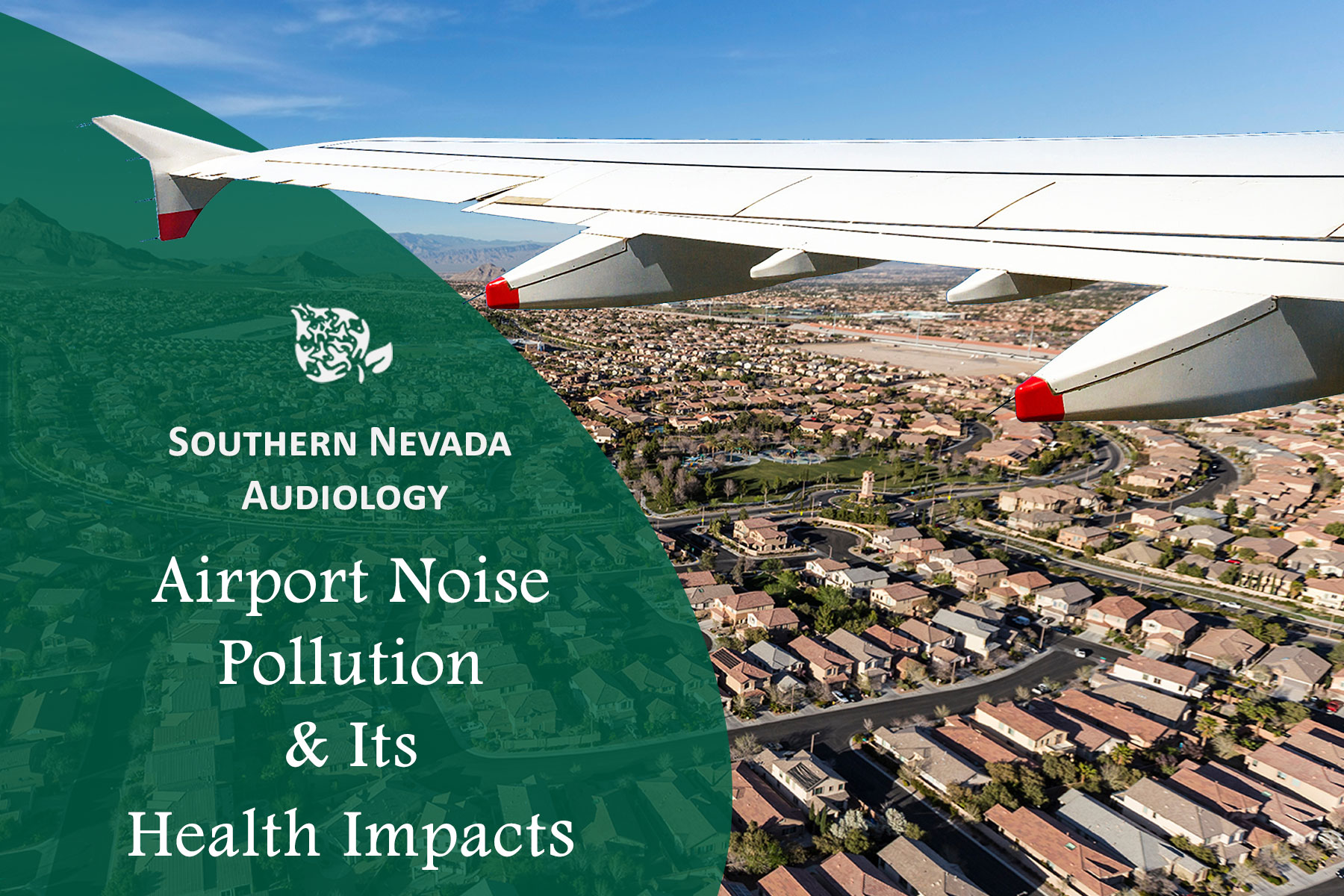Air travel has become an integral part of modern life, connecting people and places across the globe. While airports are essential hubs of transportation, they also come with an often-overlooked consequence: noise pollution. The roar of jet engines, the whir of propellers, and the general hustle and bustle around airports contribute significantly to noise pollution. Let’s explore how airports are major contributors to noise pollution, the health implications of constant exposure to this noise, and what can be done to mitigate these effects.
Understanding the Sources of Airport Noise
Airports are noisy places for several reasons. The primary sources of airport noise include:
Aircraft Engines: Aircraft engines, both jet and propeller, are powerful machines that produce a substantial amount of noise during takeoff, landing, and throughout the flight. The high-speed exhaust gases and turbulent airflow generate a constant stream of sound.
Power Units: Ground support equipment, such as generators, air conditioning units, and baggage handlers, are essential for airport operations but can be quite noisy.
The Impact of Airport Noise on Health
Constant exposure to high levels of airport-induced noise can have severe consequences for health and well-being. Here are some of the health problems associated with living near airports:
Hypertension: Studies have shown that long-term exposure to noise pollution, like that from airports, can elevate blood pressure, increasing the risk of hypertension and related cardiovascular issues.
Hearing Impairment: Excessive noise can lead to hearing loss over time. Residents living near airports may experience a gradual deterioration in their hearing abilities.
Heart Problems: Noise pollution can trigger stress responses in the body, including the release of stress hormones like cortisol. Over time, this chronic stress can contribute to heart problems, including heart disease and arrhythmias.
Sleep Disturbance: The constant drone of aircraft taking off and landing can disrupt sleep patterns, leading to sleep disturbances and associated health issues such as insomnia, fatigue, and decreased cognitive performance.
Irritation and Mental Health: Noise pollution can be a constant source of irritation and stress, impacting mental health and overall well-being. It can lead to increased anxiety, depression, and reduced quality of life.
Compromised Immune System: Prolonged exposure to noise pollution has been linked to a weakened immune system, making individuals more susceptible to various illnesses.
Birth Defects: In extreme cases, some studies suggest that constant exposure to high noise levels during pregnancy may increase the risk of birth defects in children.
Mitigating Airport Noise Pollution
Efforts to mitigate the adverse effects of airport noise pollution are essential for the health and well-being of residents living in proximity to airports. Here are some strategies that can be implemented:
Noise Barriers: The construction of noise barriers, such as walls or berms, can help block or redirect noise away from residential areas.
Flight Path Adjustments: Airport authorities can work with airlines to adjust flight paths to minimize noise over populated areas.
Quieter Aircraft: Encouraging the use of quieter and more fuel-efficient aircraft can significantly reduce noise pollution.
Strict Regulations: Implementing and enforcing noise abatement regulations and curfews can limit aircraft movements during sensitive nighttime hours.
Noise Insulation: Offering noise insulation programs for homes and buildings near airports can help reduce indoor noise levels.
Community Engagement: Engaging with local communities to understand their concerns and involving them in decision-making processes can lead to more effective noise reduction strategies.
Airports are indeed major contributors to noise pollution, and the consequences of this pollution on health should not be underestimated. The constant exposure to high noise levels can lead to a range of health problems, from hypertension to sleep disturbance and even compromised immunity. It is crucial for airport authorities, governments, and communities to work together to implement effective noise reduction measures and ensure that the benefits of air travel do not come at the expense of public health and well-being.
Please schedule your hearing assessment / checkup with Southern Nevada Audiology today! Learn more about the advancements in modern hearing aids.

